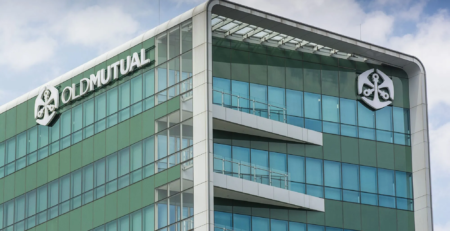IBM reopening pension plan turns industry heads
When it comes to dealing with an overfunded frozen pension plan, International Business Machines is putting into action what some of its peers are thinking about.
The company recently confirmed that it will cancel its defined contribution plan company match and replace it with a component within its IBM Personal Pension Plan, a defined benefit plan, on Jan. 1. The 401(k) match is 5% of an employee’s salary.
The IBM 401(k) Plus Plan had $53.2 billion in assets as of Dec. 31, according to the latest 11-K statement. The company contributed $490 million to the DC plan in 2022 and $488 million in 2021.
Defined benefit plan experts said the replacement appears to be a cash balance component. They can’t predict if IBM’s action could start a trend, but they said it will provoke conversations by employers with overfunded pension plans.
“By introducing this retirement benefit within the IBM’s Personal Pension Plan, which is stable and well-funded, IBM is able to provide a benefit to employees that also helps diversify their retirement portfolios,” Timothy Davidson, an IBM spokesperson, wrote in an email.
IBM calls this a retirement benefit account, adding that no contribution is required from employees.
“The RBA adds a stable and predictable benefit that diversifies a retirement portfolio and provides employees greater flexibility and option,” Davidson said. “Employees can continue to contribute to their 401(k) plan as they do today.”
Davidson declined to provide details, although some experts and consultants said they saw the publication of a purported internal IBM memo outlining the RBA details. Pensions & Investments could not independently confirm the details.
“A number of clients have been calling saying ‘I think we should be talking about this,’” said Michael Archer, managing director and head of retirement-North America for Willis Towers Watson, referring to the memo.
He noted that one client with an open DB plan canceled the 401(k) match and increased benefits to the DB plan. He declined to name the company or discuss details.
“I expect we will see more of this,” said Archer, referring to different uses for a DB plan surplus. Companies will act “only if it makes financial sense for them and financial sense for their employees.”
For such a strategy to work, “it’s a benefit to have a strong surplus,” he said. Also, companies should evaluate how to invest assets “to maintain stability and not create volatility,” he added. “This isn’t for everybody.”
Corporate pension plans have benefited from higher interest rates, leading many to enjoy surpluses.
Read more @pionline











